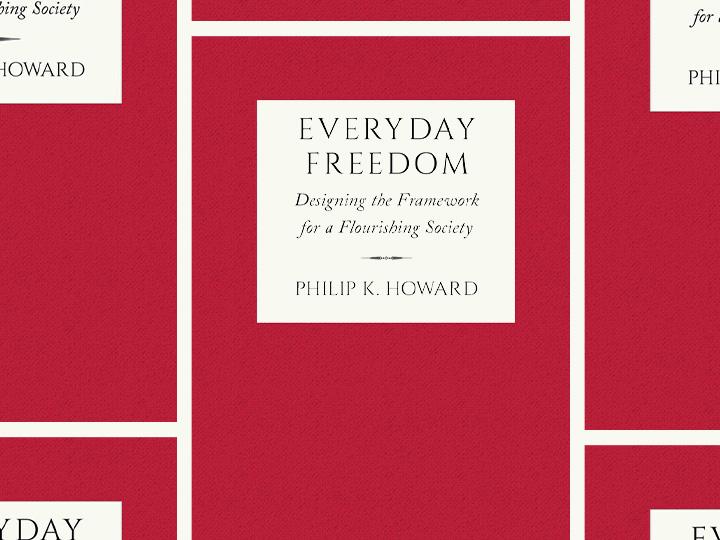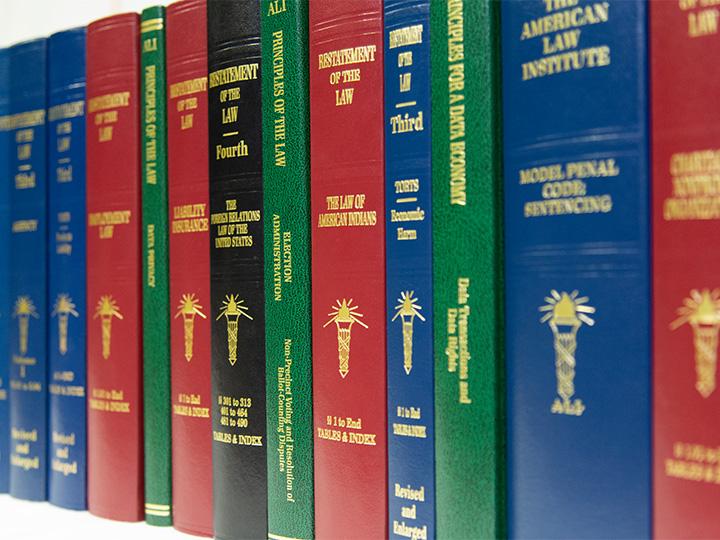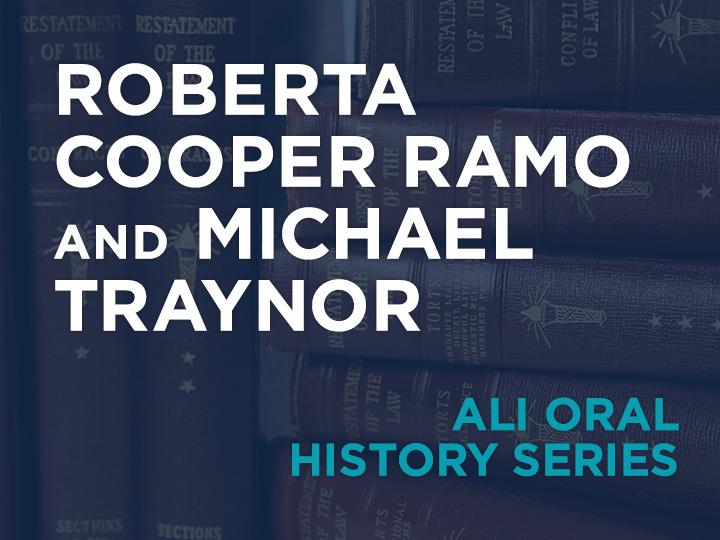From start to finish, criminal and tort cases differ in many ways, including how a case is initiated, in which court it is heard and decided, standards of proof, and the consequence if the defendant is found liable (punishment if defendant is convicted of a crime; payment of money damages if defendant is liable for a tort). Some cases [or fact patterns] qualify as both crimes and torts. These differences are especially evident in sexual assault claims where a single legal term, such as “consent,” may be defined quite differently, depending on the type of legal claim asserted.
In this episode, NYU Law’s Erin Murphy and UC Irvine Law’s Ken Simons explore the difference between criminal law and tort law in the United States and then focus on how “consent” is, and should be, defined in sexual assault allegations.
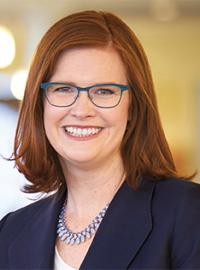
Erin E. Murphy
Erin Murphy is a professor at NYU Law and a Reporter on the project to update the Sexual Assault provisions in the Model Penal Code. This project updates the provisions from the original 1962 Code, including defining terms such as “consent.” Her research focuses on technology and forensic evidence in the criminal justice system.
She is a nationally recognized expert in forensic DNA typing, and her work has been cited multiple times by the Supreme Court. She presently serves as the Associate Reporter for the American Law Institute's project: Sexual Assault and Other Related Offenses. Her book, Inside the Cell: The Dark Side of Forensic DNA, was released in October 2015 (Nation Books). Erin is co-editor of the Modern Scientific Evidence treatise. She has translated her scholarly writing for more popular audiences by publishing in Scientific American, the New York Times, USA Today, Slate, the San Francisco Chronicle, and the Huffington Post, and has offered commentary for numerous media outlets, including NPR, CNN, MSNBC, and NBC Nightly News. A proud recipient of the 2012 Podell Distinguished Teaching Award, Erin teaches criminal law and procedure, evidence, forensic evidence, and professional responsibility in the criminal context, among other courses. She joined the NYU faculty after five years at UC Berkeley School of Law. Prior to that, Erin spent five years as an attorney with the Public Defender Service for the District of Columbia. She received her BA in comparative literature from Dartmouth College in 1995 and her JD from Harvard Law School in 1999, both magna cum laude. She clerked for Judge Merrick B. Garland on the US Court of Appeals for the DC Circuit.
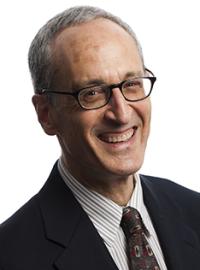
Kenneth W. Simons
Ken is Chancellor’s Professor of Law and Philosophy at UC Irvine School of Law. He serves as Chief Reporter for The American Law Institute’s Restatement Third of Torts: Intentional Torts to Persons. In January 2019, he was named the recipient of the 2019 William L. Prosser Award by the Association of American Law Schools Section on Torts and Compensation Systems, which recognizes “outstanding contributions of law teachers in scholarship, teaching and service” related to tort law and compensation systems.
A leading scholar of tort law, criminal law, and law and philosophy, He has published influential scholarship concerning consent, assumption of risk and contributory negligence; the nature and role of mental states in criminal, tort and constitutional law; and negligence as a moral and legal concept. He has also explored such topics as bias crimes, corrective justice, the logic of egalitarian norms, mistake and impossibility in criminal law, and strict criminal liability.
Before joining UC Irvine School of Law, he was Professor of Law and The Honorable Frank R. Kenison Distinguished Scholar in Law at Boston University School of Law. He was a law clerk to U.S. Supreme Court Justice Thurgood Marshall and to Judge James L. Oakes, U.S. Court of Appeals for the Second Circuit. Ken also worked as an associate at Goodwin, Procter & Hoar in Boston, in the field of civil litigation. He received his J.D. from Michigan Law School, magna cum laude, and graduated from Yale University, summa cum laude, with a B.A. in philosophy. 8.7.3
For a transcript of the full episode, please contact communications@ali.org.

